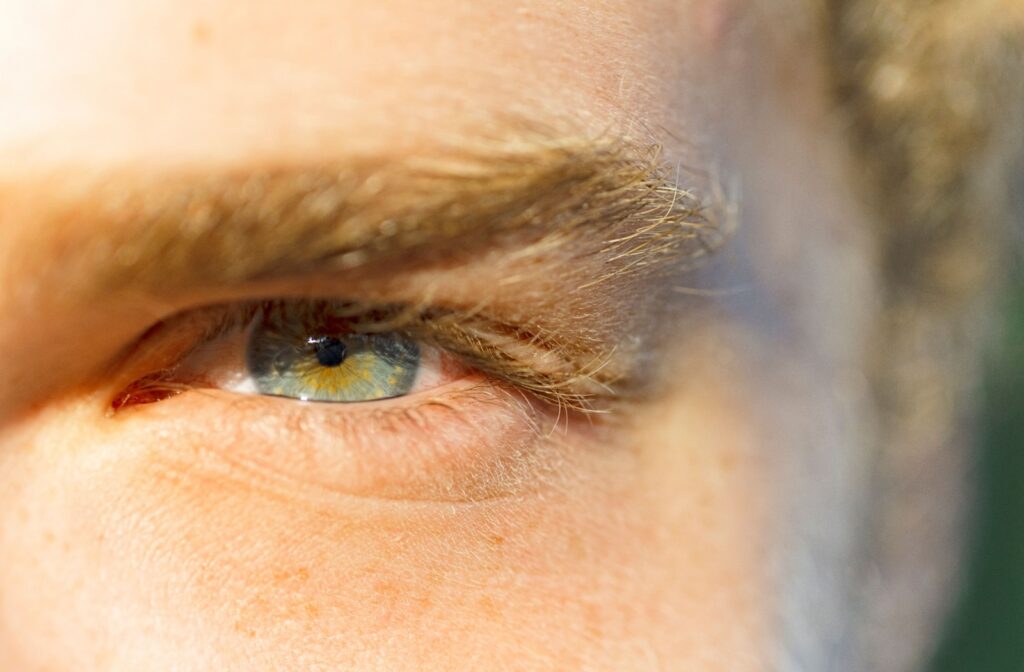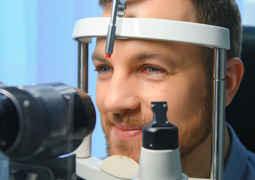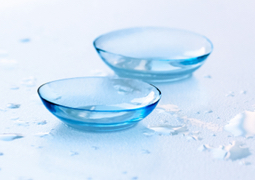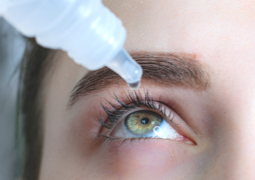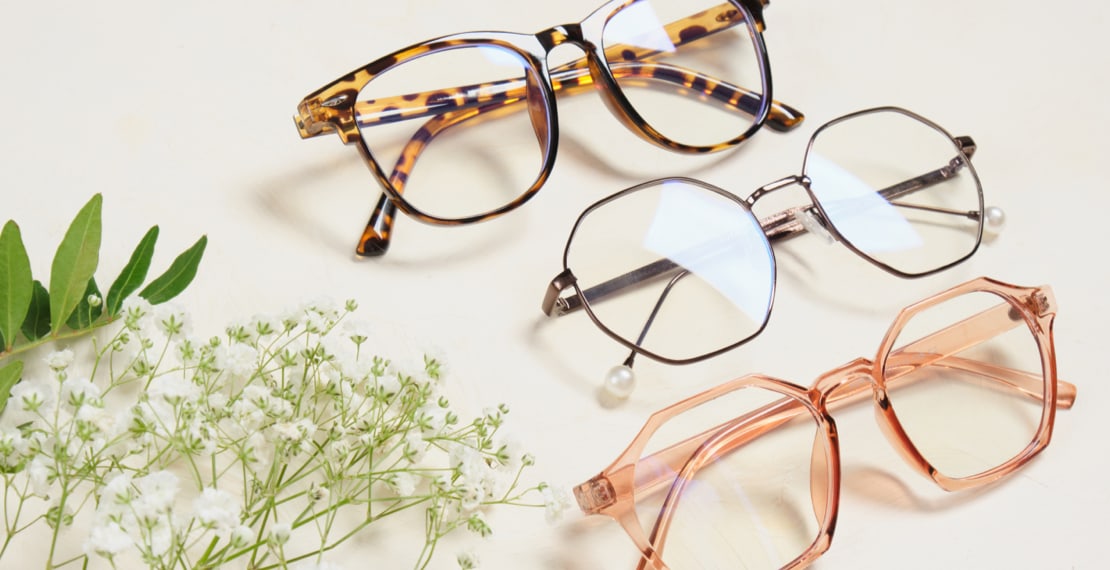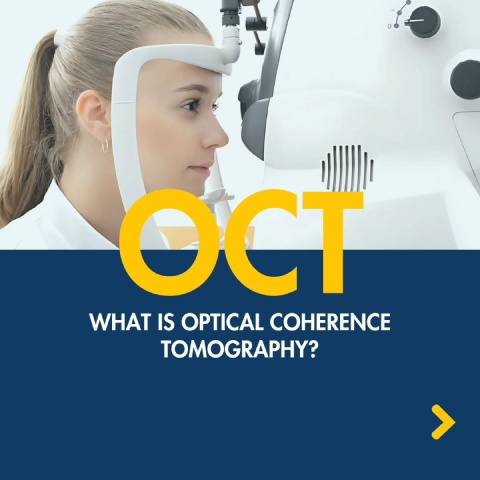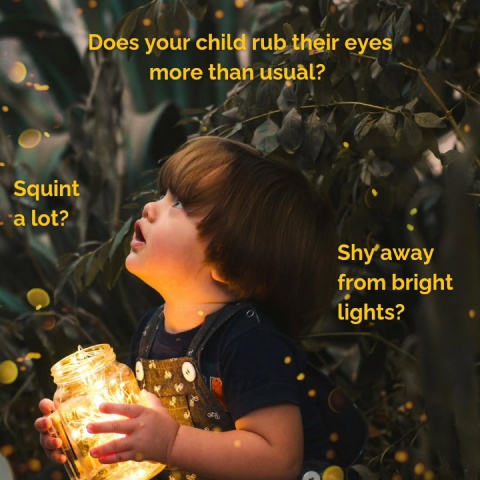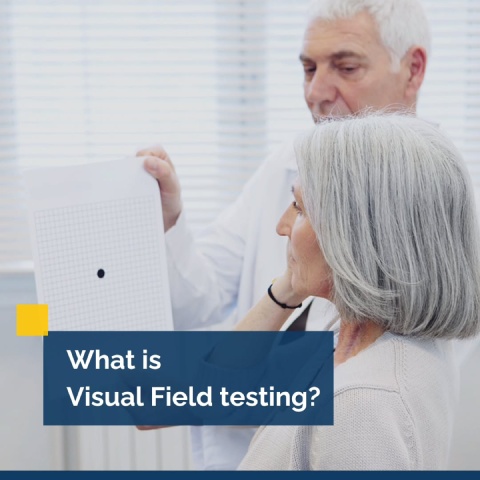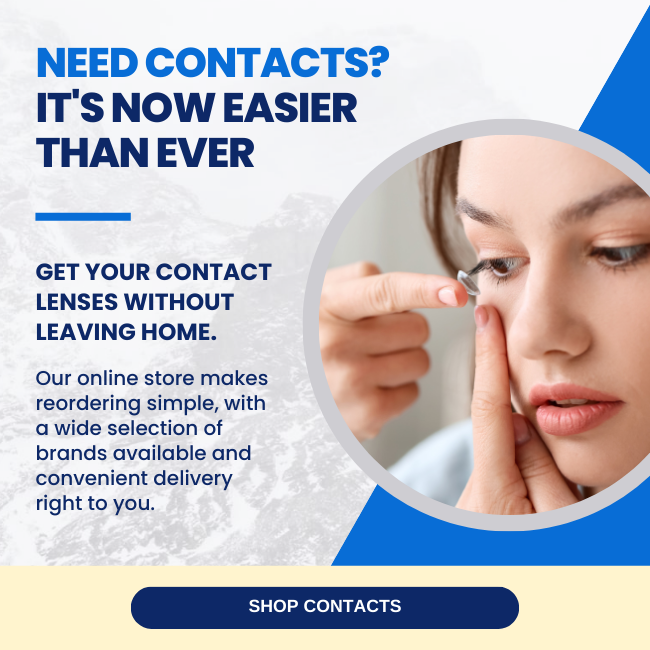There is a common belief that people with blue eyes are more sensitive to the sun, and this idea has some scientific backing. Blue eyes have less melanin, a pigment that provides some protection against the UV rays from the sun. Melanin helps to absorb light, and with less of it, blue eyes are more susceptible to damage from bright sunlight.
This increased sensitivity can lead to discomfort and squinting in bright conditions, and it also means that individuals with blue eyes may be at a higher risk for certain eye conditions related to UV exposure. Therefore, wearing sunglasses with UV protection is especially important for those with lighter-colored eyes to safeguard their vision.
Are Blue Eyes More Vulnerable to Sun Damage?
Individuals with light-coloured eyes may be more vulnerable to sun damage, but there are several steps one can take to protect their eyes. One of the simplest and most effective measures is to wear high-quality sunglasses that offer 100% UV protection.
This helps to shield the eyes from harmful rays, reducing the risk of damage and discomfort. Additionally, wearing a wide-brimmed hat can provide extra shade and reduce the amount of sunlight directly reaching the eyes.
The Importance of Sunglasses
Regardless of eye color, everyone should be mindful of sun exposure and take precautions to protect their eyes. Prolonged exposure to UV rays can lead to ocular problems such as cataracts, macular degeneration, and even cancer on the surface of the eye.
That’s why wearing sunglasses is essential for maintaining good eye health. Look for shades that offer full-spectrum protection against UVA and UVB rays, and lean towards a quality pair that will provide optimal coverage.
Do I Need to Be More Protective of My Blue Eyes?
Taking extra precautions to protect light-coloured eyes from the sun is crucial due to their increased sensitivity. Implementing a few simple measures like those noted below can help prevent vision damage.
- Wear high-quality sunglasses: Choose sunglasses that offer 100% UVA and UVB protection.
- Use a wide-brimmed hat: A hat can provide additional shade and minimize direct sunlight exposure.
- Seek shade during peak hours: Avoid direct sunlight between 10 AM and 4 PM when UV rays are the strongest.
- Attend regular eye exams: Early detection of UV-related damage can help manage and prevent serious conditions.
- Stay informed about the UV index: Check daily UV levels and plan outdoor activities accordingly.

The Night Vision Debate: Eye Colour and Darkness
When it comes to seeing in dimly lit environments, people often speculate about eye color and its influence on night vision. Interestingly, eye color doesn’t significantly affect one’s ability to see in the dark. The pivotal factor here is the number of rod cells in the retina. Rod cells are more sensitive to low light conditions and are evenly distributed among individuals, regardless of eye color.
Certain eye conditions linked to light sensitivity and night vision issues can stem from genetic factors rather than eye color. So, if you notice persistent difficulties or discomfort, it’s always best to consult an eye care professional.
Here’s a nighttime twist: some blue-eyed individuals report better night vision. This observation could be tied to the reduced melanin allowing for more light absorption. Yet, this too is up for scientific debate, as an abundance of factors come into play when it comes to seeing in low light.
Protecting Your Vision
Properly protecting your vision involves a combination of healthy habits and proactive measures. Protecting your vision starts with regular comprehensive eye exams, which can detect early signs of eye conditions and allow for timely intervention. These exams are critical in identifying issues such as glaucoma, macular degeneration, and cataracts before they progress to more serious stages.
Consuming foods rich in vitamins A, C, and E, as well as omega-3 fatty acids, can support good eye health. Maintaining a healthy lifestyle, including regular exercise, can improve overall blood circulation and reduce risks associated with diabetes and high blood pressure, both of which can affect vision. Reducing screen time, taking regular breaks, staying hydrated, and ensuring proper lighting while reading can reduce eye strain.
Adopting protective eyewear during sports, construction work, or other activities that pose a risk to the eyes can prevent injuries. Whether through prescription glasses, safety goggles, or sports-specific eyewear. By combining these measures, individuals can significantly contribute to their overall eye health
Your Eyes Deserve the Best Care
Protecting your eyes from the sun’s rays is important regardless of eye color, so make a habit of wearing protective eyewear when outdoors. Healthy habits, regular eye exams, and protective eyewear can have a lasting impact on eye health.
Our team at Calgary Family Eye Doctors can help you find a stylish pair of sunglasses to keep you safe in the sun this summer. Contact us today to book an appointment!


